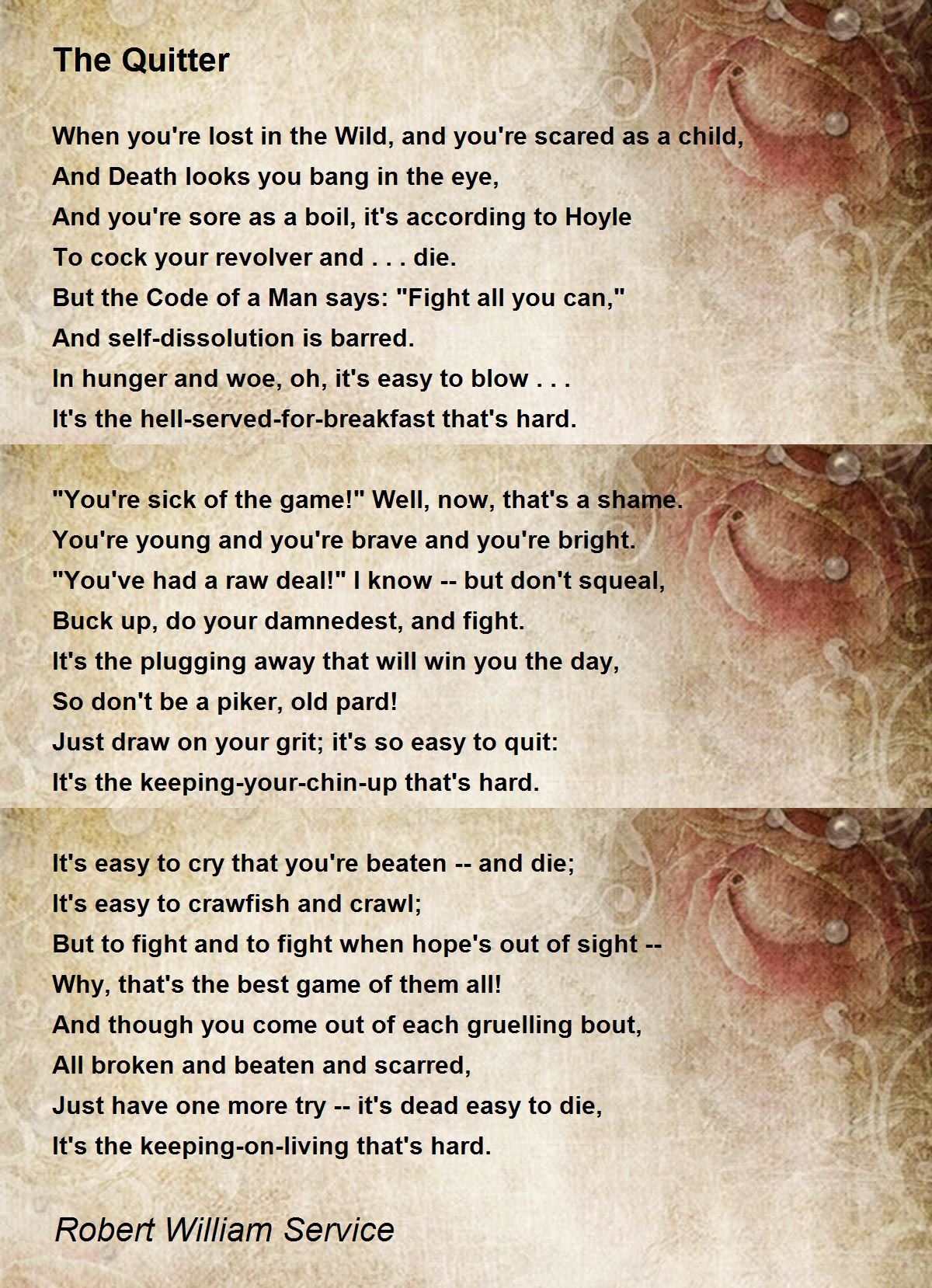

pronoun and the aux verb we did not watch them nous ne les avons pas regardés what are the stress pronouns? moi, toi, lui/elle/soi, nous, vous, eux, elles rewrite this using a d.o.

pronoun go? before the aux verb i placed it on the napkin je l'ai mis(e) what must you do when there in the past tense when there is a direct object before the verb? MAKE AGREEMENT! in a sentence in passe compose that is in the negative, where does ne.pas go? around the d.o. pronoun go? BEFORE the infinitive she is going to buy them elle va les acheter in negative statements with an infinitive, where does the ne.pas go? around the conjugated verb he is not going to sell it il ne va pas le vendre in statements in passe compose, where does the d.o.

pronoun and the conjugated verb i do not like him je ne l'aime pas when an infinitive follows a conjugated verb, where does the d.o. Fill in the aux verb: ils _ l'escalier ont descendu fill in the aux verb: ils _ à Paris sont montés conjugate mettre mets, mets, met, mettons, mettez, mettent past participle of mettre mis what does "mettre la table" mean? set the table conjugate etre suis, es, est, sommes, etes, sont how do you make the past participle agree? add e and/or s say, "he did not go to the market" il n'est pas allé au marché say, "they (f) did not go out yesterday" elles ne sont pas sorties hier ask a past tense question with inversion etes-vous allés à l'épicerie? when does passer use avoir in past tense? when it refers to time when does passer use etre in past tense? when it refers to pass by when do you use partir vs quitter? quitter is used to leave something or someone partir means to leave in a general sense nous _ _ pour Quebec sommes partis vous _ _ à la maison à 8h avez quitté direct object pronouns me/m', te/t', le/la/l', nous, vous, les say, "we hear you (pl)" nous vous entendons say, "i like you very much" je t'aime beaucoup i like it je t'aime where does ne.pas go in a sentence with a direct object? around the d.o.


 0 kommentar(er)
0 kommentar(er)
